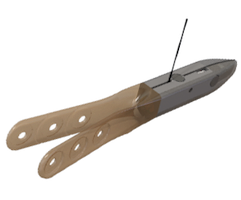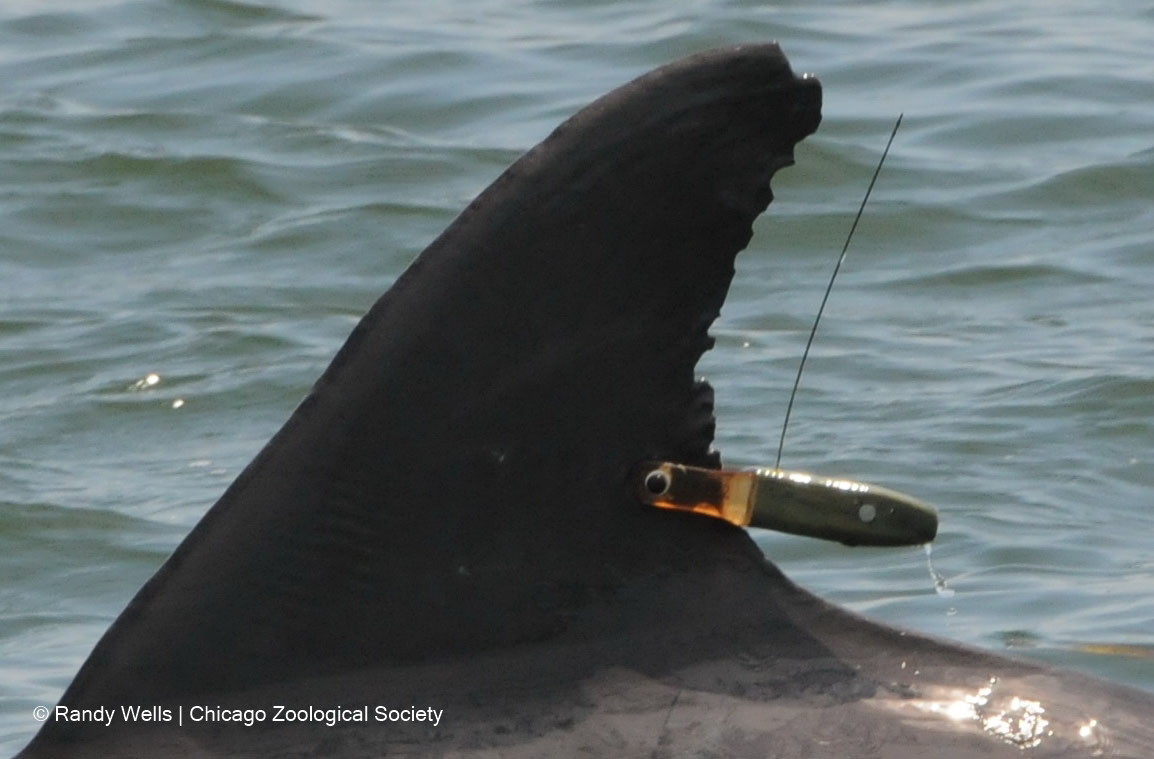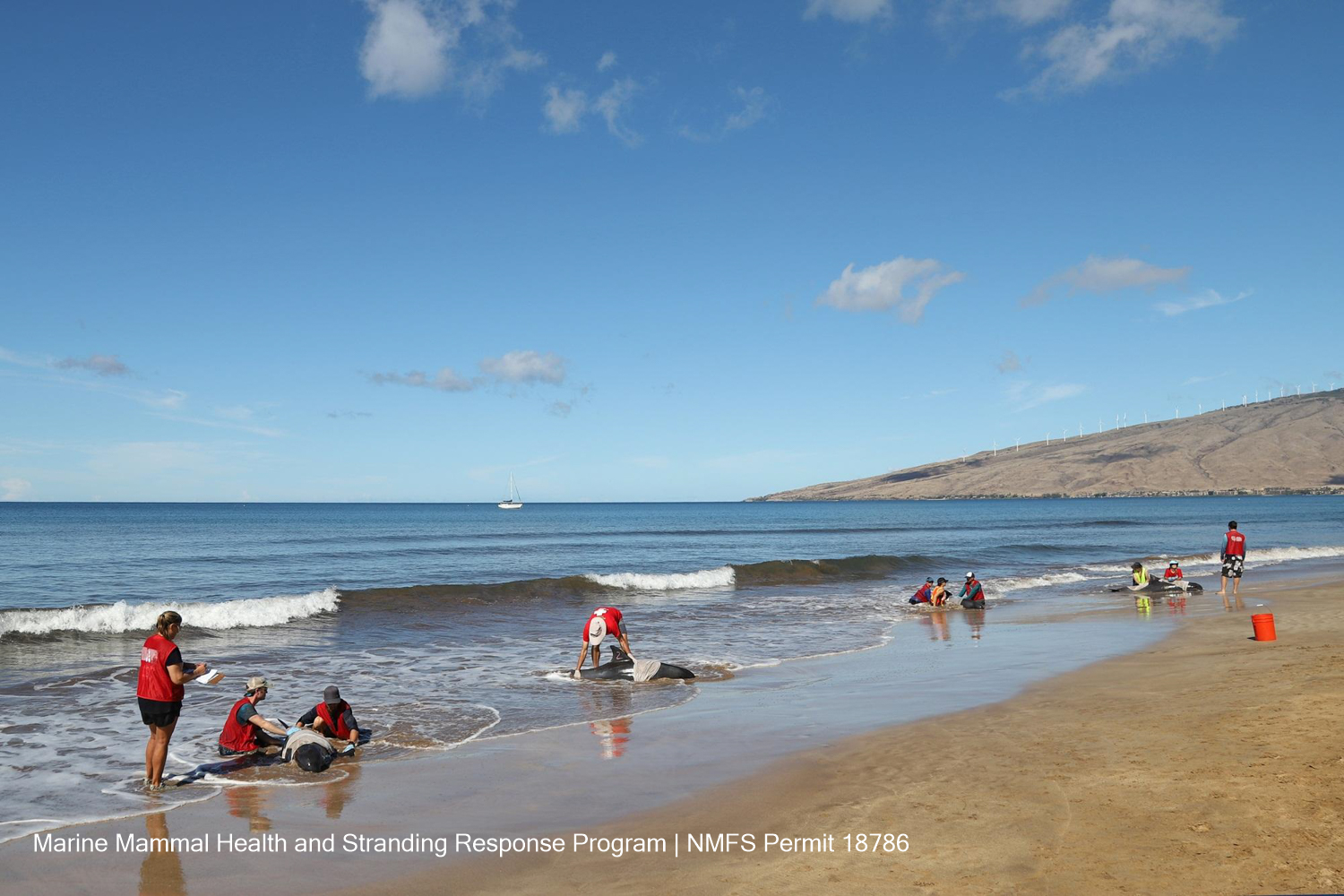Mass standings of social odontocetes may occur for a variety of reasons, including responses to Navy sonar (Southall et al. 2008), strongly-bonded individuals accompanying a sick companion into shallow water, or animals accidentally stranding as they move into unfamiliar waters in response to storms or other factors. Although mass strandings rarely occur in Hawai‘i, there are a number of species found in Hawaiian waters that are prone to mass strandings elsewhere, including short-finned pilot whales, false killer whales, pygmy killer whales, melon-headed whales, and rough-toothed dolphins. To date, the short- and long-term fate of the few mass stranded individuals returned to the water in Hawai‘i are unknown.

Stranding responses in the United States are under permit from NOAA Fisheries and coordinated and undertaken by NOAA and partners in the stranding network. Through a grant from Dolphin Quest, we have been able to provide eight Wildlife Computers Cetacean Finmount satellite tags to partners at the Pacific Islands Marine Mammal Response Network on Kaua‘i, O‘ahu, Maui and Hawai‘i Island, to help assess the efficacy of returning live stranded cetaceans back to the water, to monitor the location and behavior of animals returned to the water, and to help determine whether individuals may be part of resident island-associated populations or pelagic populations. This tagging work will build on the extensive knowledge base available on movements of both resident and pelagic populations of these species in Hawaiian waters. Tags include both location-only SPOT6 tags, and depth-transmitting SPLASH10 tags – the latter will record and transmit information on the depth and duration of dives, which will allow for an assessment of behavior of tagged individuals. For some species of Hawaiian odontocetes, a lot is known about normal diving patterns, but for others (e.g., pygmy killer whales) virtually nothing is known, so these tags could also provide new information on the behavior of these species.
In December 2020, David Schofield (NOAA Pacific Islands Regional Office Marine Mammal Stranding and Response Coordinator) organized a virtual training session with local veterinarians, stranding responders and Cascadia staff, to share with participants information on application, care and malignance of the tags. Dr. Gregg Levine (NOAA Marine Mammal Stranding and Response Contract Veterinarian) and Dr. Randy Wells (Sarasota Dolphin Research Program) presented information on tag application. While we are hoping there will be no mass strandings in the near future in Hawai‘i, having the tags in hand will increase what can be learned from these events, improving future responses to live strandings.
To report a stranding, call the NOAA Fisheries Hawai‘i Statewide Marine Stranding, Entanglement and Reporting Hotline: (888) 256-9840

The photo above shows a Cetacean Finmount tag on a bottlenose dolphin off Sarasota, Florida.

Members of the Pacific Islands Marine Mammal Response Network responding to a mass stranding of pygmy killer whales off Maui, Hawai‘i, in 2019.
For more information on this work contact Robin Baird rwbaird (at) cascadiaresearch (dot) org
